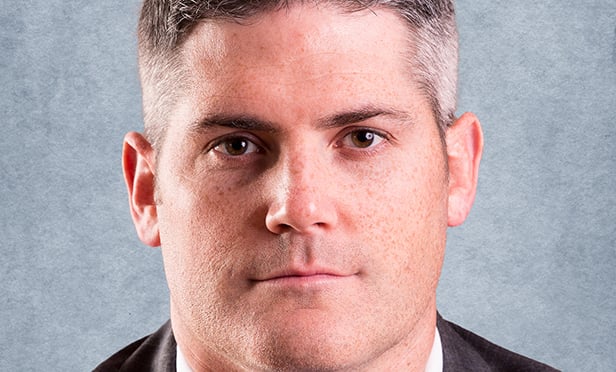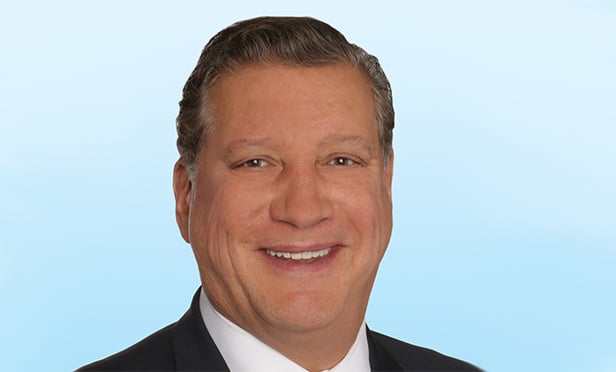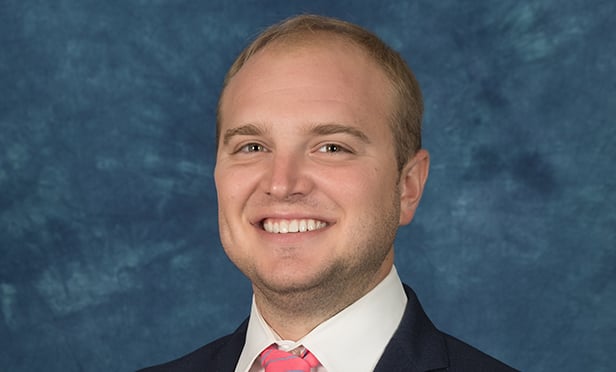ORANGE COUNTY, CA—The shifting demographics of the commercial real estate industry from Baby Boomers to Millennials is having a profound impact on the way the industry itself is run. In Part 2 of a two-part analysis (click here for Part 1), GlobeSt.com speaks with more industry experts, including Erin Curry, EVP of operations for Xceligent; Robert Sevim, executive managing director of Savills Studley; and Jana Turner and Kent Elliott, principals with RETS Associates, about how CRE is adjusting to these shifts in personnel and where they see the industry heading.
GlobeSt.com: How is the industry changing as younger, more tech-savvy Millennials enter the field and the Baby Boomers begin to exit it?
Curry: I think you're going to see a lot more information via crowdsourcing. The ability for brokers to work independently—which they already do to a certain extent, particularly in large firms—is going to grow because information is out there and there are many more options for getting it. The concept of big data coming around is going to change the way people interact with each other. There's already technology to where if you walk by a certain building and somebody has a listing on it, there's already information readily available on the Internet. So I think the speed of technology and the speed of information is going to dramatically change the way CRE is bought and sold.
People are able to work independently through the sharing of information. We're empowering the individual to be more creative as an independent because of our access to all of the information. There's also the work/life balance that the new generation is demanding. They want to be able to do more in less time so that they've got more of a work/life balance. That blends with this being able to work independently—they don't need five departments to put together a deal package.
Sevim: As the older guard leaves, there is going to be an increasing need for Millennials to distinguish themselves based upon their ability to deliver service more successfully. The end user is going to be the beneficiary of this. Basic information will be more readily available, but to go from collecting data to interpreting data so it becomes information, then insight, then sound advice--that's where you're going to see people distinguish themselves. The bar is going to be raised for good advice, and the tenants will get good customized information to help them make good decisions about their real estate. The notion of what constitutes a really effective CRE person will be based on their ability to deliver at the highest levels of service, hard work, understanding of human relationships and trust as well as their ability to understand how to dissect data and information around financial decisions. Select professionals will be able to deliver both at high levels, but it will be necessary to be effective at both in order to be competitive.
Turner: CRE is getting away from being such a brick-and-mortar industry. It's speed to market and highly digital.
Elliott: The evolution of technology into the business has forced people to adapt more quickly. You're either in or out of the program, and if you're out, you're no longer relevant.
Turner: And that's big. The systems companies have and the platforms they offer can be influential in recruiting Millennials. If it doesn't have a digital platform, that becomes a real game changer for them. They will steer away from companies like that. The one thing I feel when talking to these groups is that they really like a knowledge-based company. They not only have the ability to share knowledge, but to share opportunities.
© 2025 ALM Global, LLC, All Rights Reserved. Request academic re-use from www.copyright.com. All other uses, submit a request to [email protected]. For more information visit Asset & Logo Licensing.







